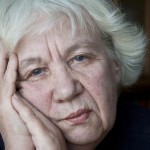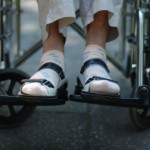
The hormone oestrogen could play an important role in late-life depression, according to new research published in the August issue of the British Journal of Psychiatry. Oestrogen is best known as one of the significant hormones in reproduction. It is also believed to have a part to play in mood and mental health, because of [read the full story…]








